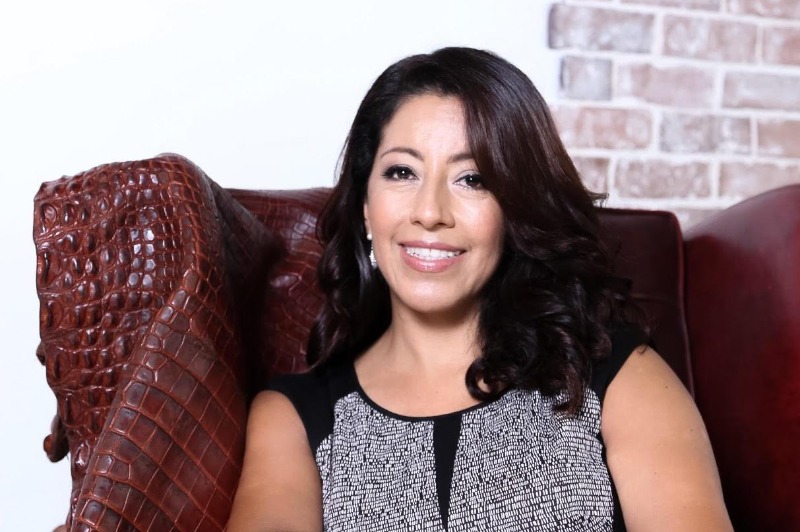
I was born in Colombia in the capital Bogota and trained in the field of animal nutrition and husbandry. I managed reptile farms in Colombia for more than a decade. I moved to Australia’s Northern Territory as a co-owner of one of Darwin’s most popular tourist attractions, Crocodylus Park and Zoo, which houses thousands of crocodiles, pursues crocodile research, and educates around 50,000 visitors a year about crocodile conservation and management.
I have always believed in empowering indigenous communities, particularly women. Since my work in the Amazon in the mid-90s, I have been continually involved in mentoring, training and creating employment opportunities for Indigenous people in the Northern Territory.
The project that started it all
As a businesswoman and mentor, my Rural Women’s Award project aimed to empower and upskill Indigenous women in a range of crocodile farming activities that offered a platform for others to take up the challenge. My bursary provided one-on-one training for Indigenous women to gain skills and knowledge in jobs as diverse as egg collection and incubation, baby crocodile care, crocodile husbandry, skinning, meat production, tourism and hospitality.
One area we focused on was the use of farm by-products such as crocodile back-skins, teeth, bone, and eggs as raw materials for women to incorporate in traditional sculptures and artworks as a unique line of craft.
It is a great joy to work alongside Indigenous rural women. Some of these women followed different pathways by becoming rangers, tour guides, farmhands etc. but the outcomes remained the same – independence, skills growth and self-esteem.








